Amidst the glistening skyscrapers and plush resorts of the city of Erbil in northern Iraq lies a hidden tragedy. Tens of thousands of displaced Christian refugees stream into the area, seeking shelter from the brutal hands of ISIS militias.
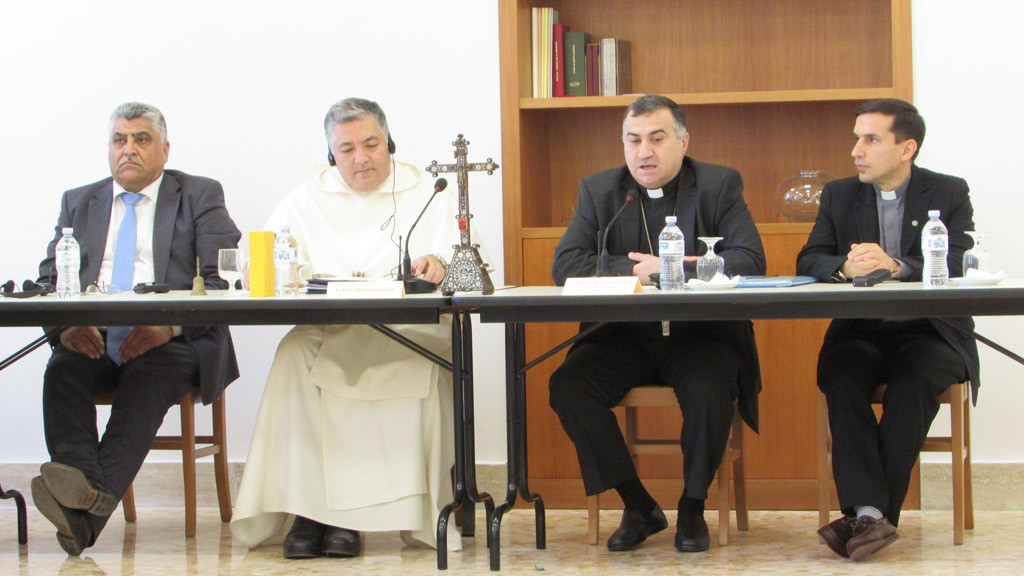
The sad story of homeless evacuees, almost completely ignored by Western media, is a replay of the same tragedy played out over the centuries, in which Christians and those of other religions were forced at the hands of Muslim extremists to either give up their faith or accept slavery or death itself.
In an attempt to offer help, a Catholic religious order, founded centuries ago to redeem such captives, has stepped in to ease the pain of the suffering Christians. The Order of Mercy, with members in the United States, has twinned with the Archdiocese of Erbil as an attempt to offer hope, healing and material support to those persecuted.
The 1.2 million Christians in Iraq have been reduced to 300,000 over about ten years because of the persecution, according to the official announcement of the Order of Mercy, known formally as the Order of the Blessed Virgin Mary of Mercy.
Against a backdrop of a land rich in history, including Abraham’s journey from his homeland in Ur, the Most Rev. Mashar Warda, Chaldean Archbishop of Erbil, accepted an invitation to meet with the Order of Mercy. The Order was meeting in Rome recently as part of its official chapter meeting.
“There is a real sale of Christian slaves, especially women and children, that they take to sell in markets,” Archbishop Warda said. “The Christians that do not flee must either convert to Islam, or pay a heavy tax. Many times, however, they are killed.”
Archbishop Warda spoke at the Order of Mercy’s recent chapter, or official meeting of the order. The announcement said that Archbishop Warda’s story “very clearly provoked” the group. “The Christians of Iraq are fleeing because of the continual persecution.”
Most Rev. Warda asked the Mercedarians for:
- Prayer above all else
- The spread of information to others about these dire circumstances
- Economic support
- Support of the social and educational services of the archdiocese
The Diocese of Erbil is now welcoming thousands of families fleeing persecution. The Roman Province of the Mercedarians has officially adopted the Archdiocese of Erbil and has donated several thousand euro, and is now praying for the diocese.
A friar from each of the order’s countries – Italy, United States, and India – will be appointed to go on a fact-finding mission to Iraq to find ways the Order can help.
Most Rev. Warda asked that the Mercedarians:
- Let others know of this need and tragedy through the mass media
- Join with Christians in Iraq through their prayers, Masses and rosaries
- Sacrifice or fast from something important to share in the solidarity with those suffering
The Archbishop also asked for help in starting a Catholic university, which he called the Catholic University of Erbil. He asked first of all for teachers who could teach English.
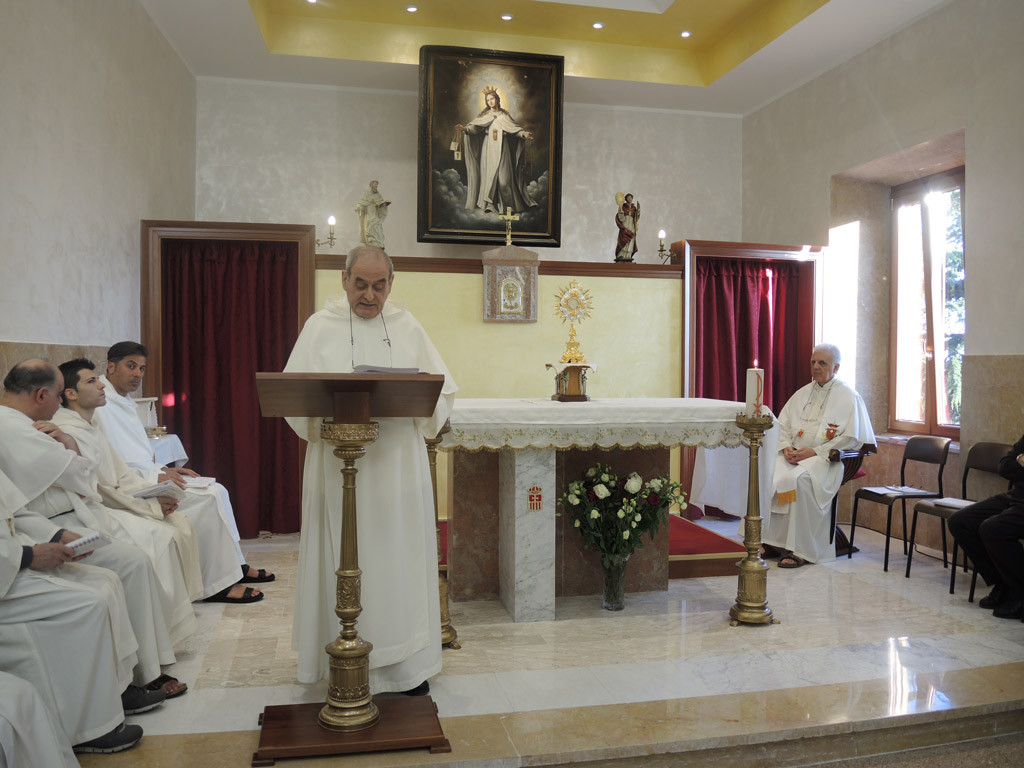
He explained that as Christianity in the Middle East, and in Iraq in particular, is experiencing a critical stage in its history that threatens its very existence, the Catholic University of Erbil should serve as a contribution to save what culture can be saved. It would also preserve the identity of its civilization and its rich culture and heritage. This includes a people that founded ancient civilizations that once flourished in Mesopotamia and in the East in general, and offered the world its first alphabet, script, the wheel, school, literature and music.
The culture also served for centuries as a bridge to the East for transferring Greek philosophy as well as science and knowledge in general. Also, these people carried the Good News to Mesopotamia and to other lands and the heart of the East, as far as India and China.
The Order of the Blessed Virgin Mary of Mercy, founded in 1215 by St. Peter Nolasco, is an international community of priests and brothers who live a life of prayer and communal fraternity. In addition to the vows of poverty, chastity and obedience, their members take a special fourth vow to give up their own selves for others whose faith is in danger. Their motto is “my life for your freedom.”
In the United States they are present in Pennsylvania, New York, Ohio and Florida. Read about their charism at OrderofMercy.org/charism.html. Visit their Facebook page at Facebook.com/pages/Mercedarian/.

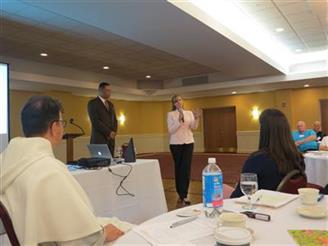
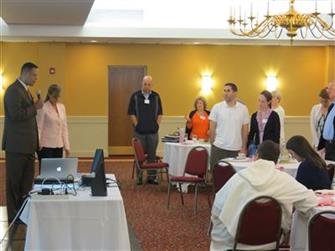
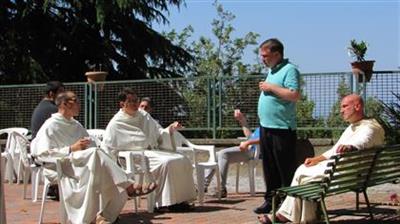
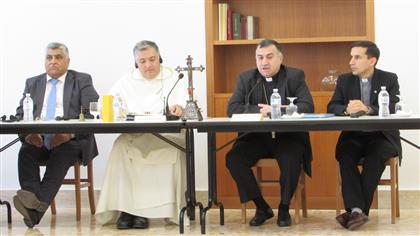
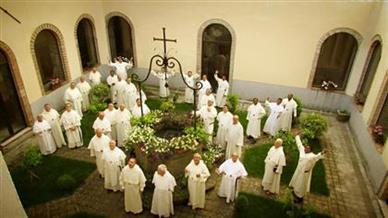
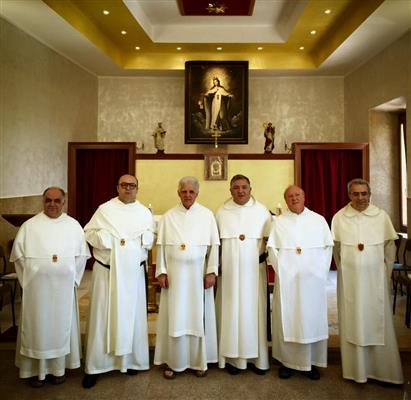
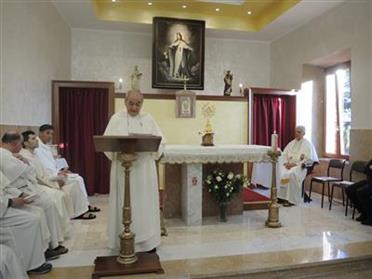
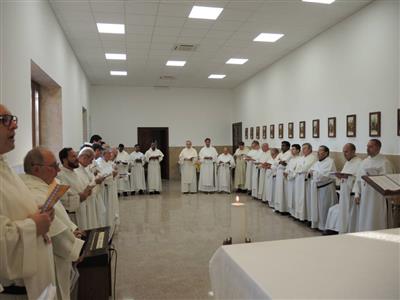
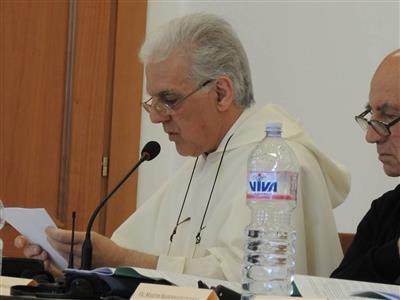
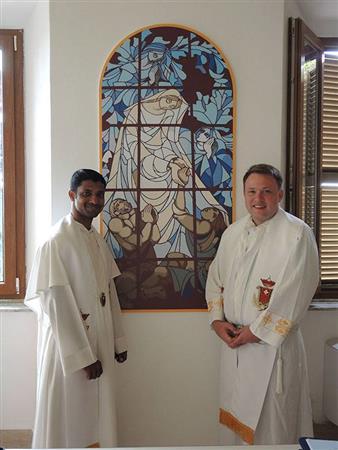
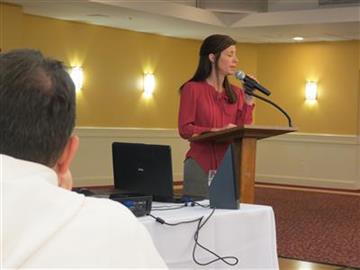 practical ways that a parish can most effectively serve married couples. The first part of the workshop was led by Dr. Hilary Towers, a Catholic author and developmental psychologist from the Diocese of Arlington, Virginia.
practical ways that a parish can most effectively serve married couples. The first part of the workshop was led by Dr. Hilary Towers, a Catholic author and developmental psychologist from the Diocese of Arlington, Virginia.

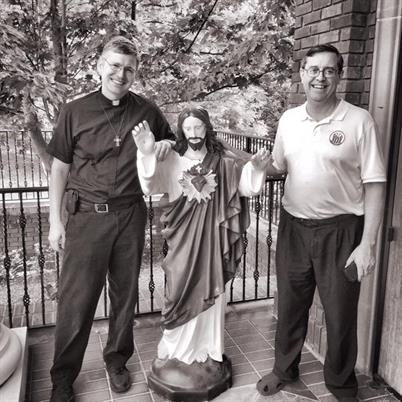 eligious goods. These items (statues, stations of the cross etc.) were from the former Mercygrove property which was recently sold. The proceeds from the sale are allocated in large part for the development of a new redemptive mission to families in the United States.
eligious goods. These items (statues, stations of the cross etc.) were from the former Mercygrove property which was recently sold. The proceeds from the sale are allocated in large part for the development of a new redemptive mission to families in the United States.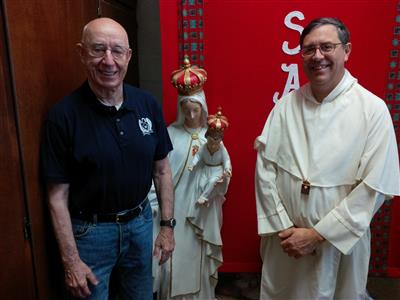
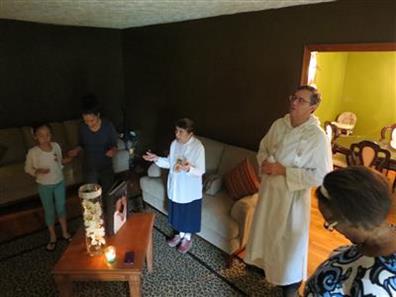 “go out to those in need” with the message of mercy.
“go out to those in need” with the message of mercy.














